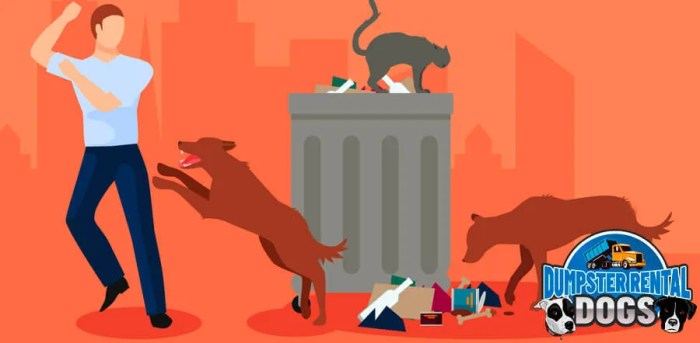How should food workers protect food from contamination? This question is of paramount importance in ensuring the safety of our food supply. Food workers play a critical role in preventing foodborne illnesses by adhering to proper food handling and safety protocols.
In this comprehensive guide, we will explore the essential practices that food workers must follow to safeguard the food they prepare and serve.
Maintaining high standards of food safety requires a multifaceted approach that encompasses personal hygiene, proper food handling and storage, effective cleaning and sanitizing, and comprehensive pest control measures. By implementing these practices diligently, food workers can significantly reduce the risk of food contamination and protect the health of consumers.
Food Safety for Food Workers: How Should Food Workers Protect Food From

Foodborne illnesses pose a significant risk to public health, and food workers play a crucial role in preventing these illnesses. Proper food handling practices can minimize the risk of food contamination and ensure the safety of the food served to customers.
Proper Handwashing Techniques
Handwashing is one of the most important food safety practices. Food workers should wash their hands thoroughly and frequently, especially after using the restroom, handling raw meat or poultry, or touching anything that could potentially contaminate food.
- Wet hands with warm water.
- Apply soap and lather for at least 20 seconds, covering all surfaces of the hands and fingers.
- Rinse hands thoroughly with warm water.
- Dry hands with a clean towel or air dryer.
Food workers should also use hand sanitizer when soap and water are not available. However, hand sanitizer should not be used as a substitute for proper handwashing.
Personal Hygiene
Maintaining good personal hygiene is essential for food safety. Food workers should keep their fingernails clean and short, as long fingernails can harbor bacteria.
- Wear clean clothing and hair restraints to prevent hair from falling into food.
- Avoid wearing jewelry, watches, or other accessories that could contaminate food.
li>Cover any cuts or sores with a bandage.
Food Handling and Storage
Food should be handled and stored properly to prevent contamination and spoilage. Food workers should:
- Separate raw meat, poultry, and seafood from cooked food to prevent cross-contamination.
- Use clean utensils and cutting boards for each type of food.
- Store food at the proper temperature. Cold foods should be kept at or below 40°F, and hot foods should be kept at or above 145°F.
Cleaning and Sanitizing Surfaces
Food contact surfaces must be cleaned and sanitized regularly to prevent the spread of bacteria. Food workers should:
- Clean surfaces with a food-safe cleaner and hot water.
- Sanitize surfaces with a food-safe sanitizer.
- Follow the manufacturer’s instructions for the cleaner and sanitizer.
| Surface | Frequency |
|---|---|
| Cutting boards | After each use |
| Utensils | After each use |
| Food contact surfaces | Every 4 hours or more often as needed |
| Non-food contact surfaces | Daily |
Preventing Cross-Contamination
Cross-contamination occurs when bacteria or other contaminants are transferred from one food to another. Food workers can prevent cross-contamination by:
- Separating raw meat, poultry, and seafood from cooked food.
- Using separate cutting boards and utensils for each type of food.
- Washing hands thoroughly after handling raw meat, poultry, or seafood.
Pest Control
Pests can contaminate food and spread bacteria. Food workers should take steps to prevent pests from entering the establishment, such as:
- Sealing cracks and holes in walls and floors.
- Keeping food storage areas clean and free of clutter.
- Using pest control traps and bait stations.
Employee Training, How should food workers protect food from
Food workers must be trained on proper food safety practices. Training should cover topics such as handwashing, personal hygiene, food handling, and cleaning and sanitizing.
- Training should be conducted by a qualified instructor.
- Training should be documented and kept on file.
- Food workers should receive regular refresher training.
FAQ Summary
How often should food workers wash their hands?
Food workers should wash their hands thoroughly with soap and warm water for at least 20 seconds before handling food, after using the restroom, and after handling raw meat, poultry, or seafood.
What is the proper way to store food to prevent contamination?
Food should be stored in clean, covered containers in a refrigerator or freezer at the appropriate temperature. Raw meat, poultry, and seafood should be stored separately from cooked foods to prevent cross-contamination.
What are some effective pest control measures that food workers can implement?
Food workers can implement effective pest control measures by sealing entry points, eliminating food and water sources, and using traps or baits to eliminate pests.

